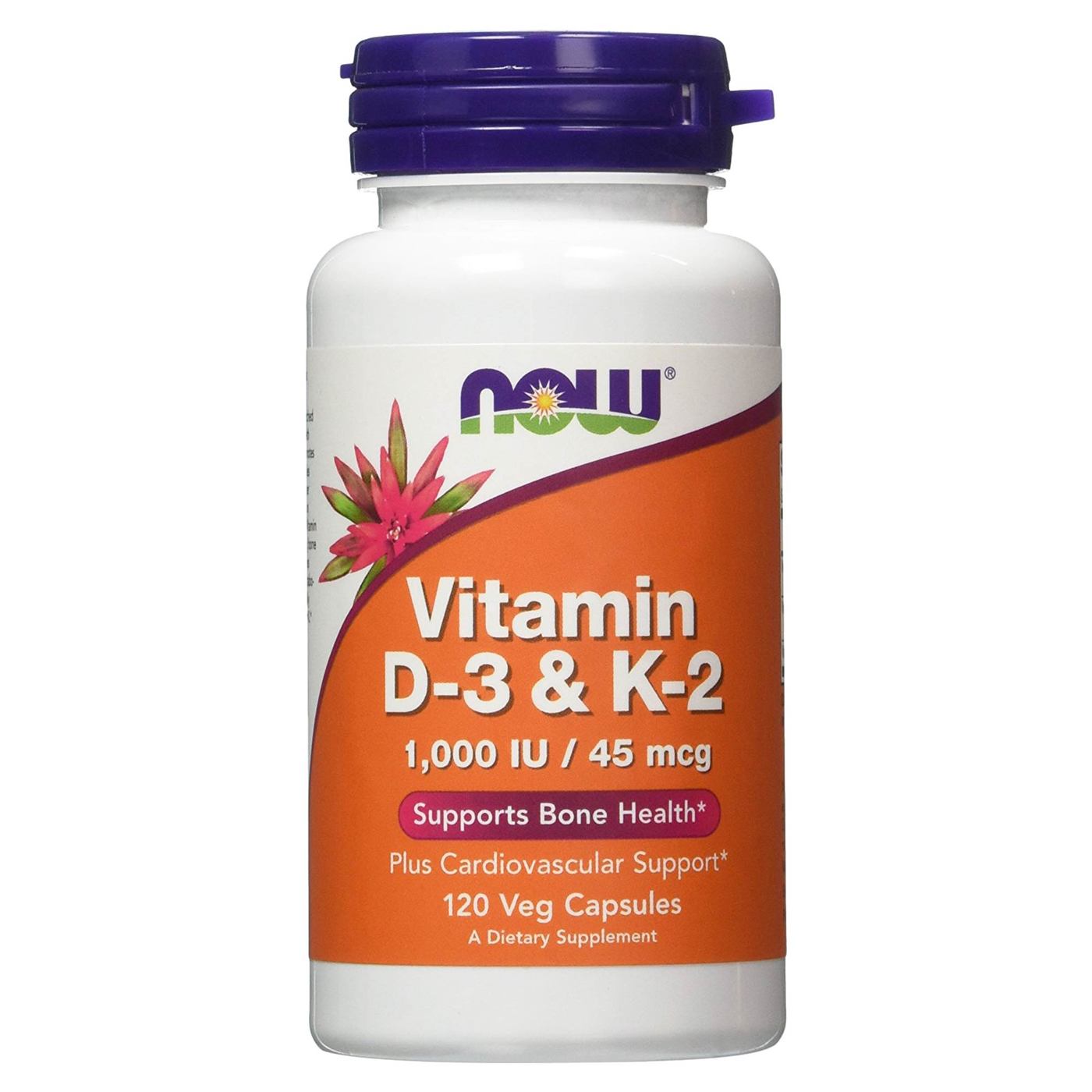
DES has been shown to cause inflammation of the ocular surface that is evidenced by increased levels of inflammatory cytokines in the tear fluid and corneal and conjunctival epithelia, and infiltration of CD4 + T cells into the conjunctiva 3. Eyelid margin inflammation and meibomian gland dysfunction (MGD) have been suggested as major causes of evaporative type DES 2. The reduction of tear secretion from lacrimal glands leads to aqueous deficiency DES 1, 2. DES is divided into two types: aqueous deficiency and evaporative type 2. In conclusion, vitamin D supplementation is effective and useful in the treatment of patients with DES refractory to conventional treatment and with vitamin D deficiency.ĭry eye syndrome (DES) is a common ocular disease that is characterized by tear instability, ocular surface inflammation, and irritable eye symptoms 1. Compared to pre-treatment values, FSS, OSDI and VAS were decreased at 2 weeks (p < 0.05 for all). Eyelid margin hyperemia and the severity of symptoms showed improvement at 2, 6, and 10 weeks after vitamin D supplementation (p < 0.05 for all). TBUT, and tear secretion test showed an improvement at 2 and 6 weeks after vitamin D supplementation compared to pretreatment values (p < 0.05 for all, paired t-test). Tear break-up time (TBUT), fluorescein staining score (FSS), eyelid margin hyperemia, and tear secretion test were measured before treatment, and 2, 6, and 10 weeks after vitamin D supplementation.


Eye discomfort was assessed using ocular surface disease index (OSDI) and visual analogue pain score (VAS). Serum 25-hydroxyvitamin D (25(OH)D) levels were measured.

A total of 105 patients with DES refractory to conventional treatment and vitamin D deficiency that was treated with an intramuscular injection of cholecalciferol (200,000 IU). This study investigated the effect of vitamin D supplementation in patients with dry eye syndrome (DES) refractory to conventional treatment with vitamin D deficiency.


 0 kommentar(er)
0 kommentar(er)
